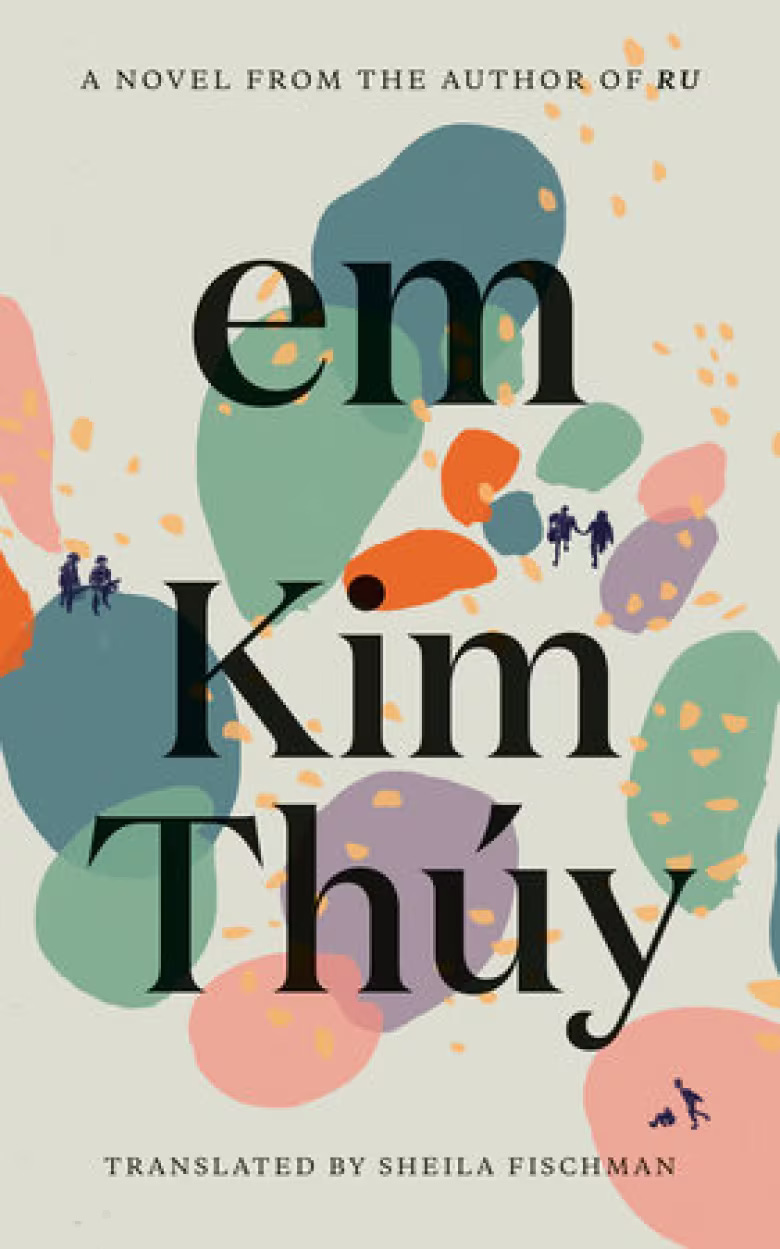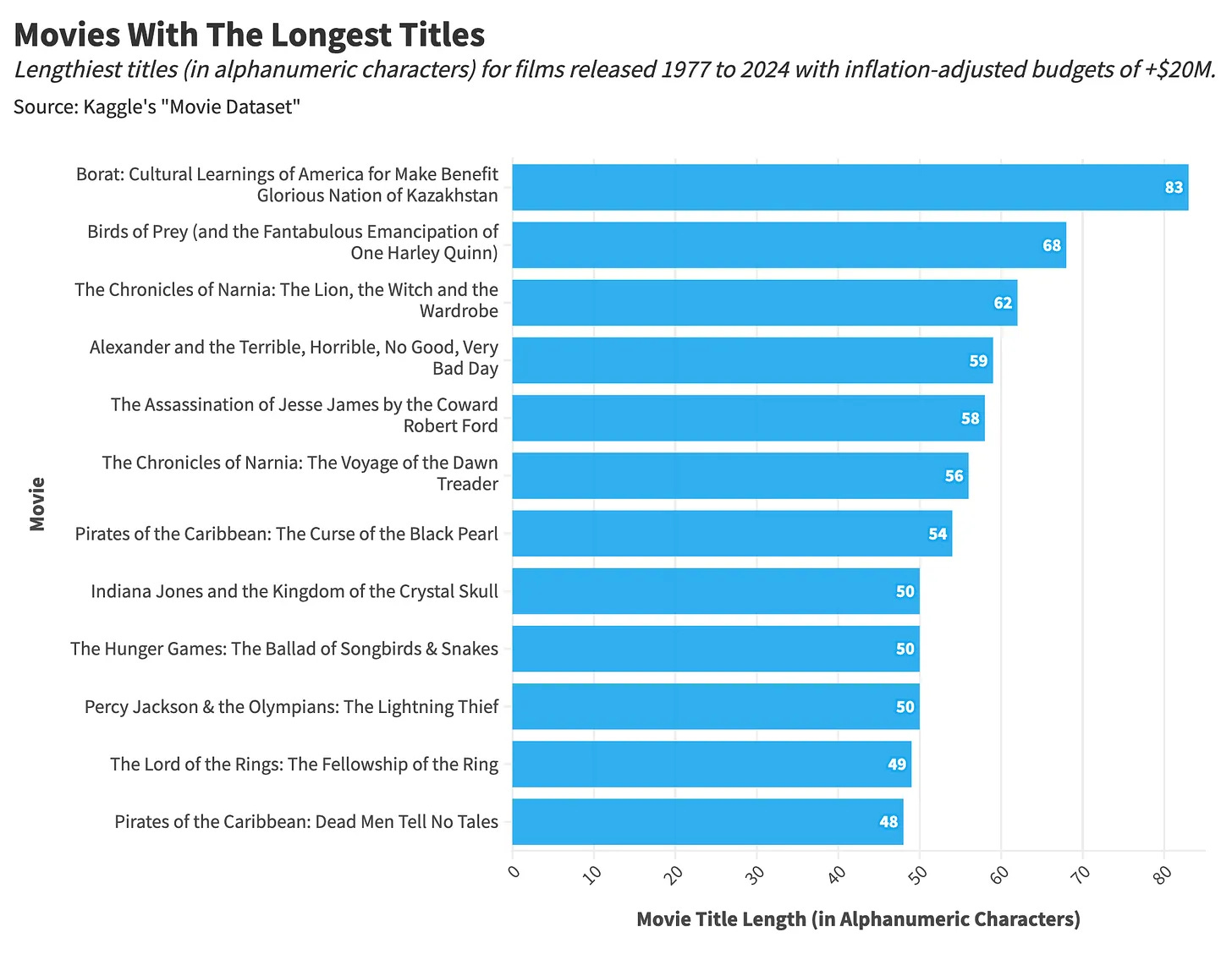This week…
Your reading time is about 9 minutes. Let’s start.
It’s my Super Bowl weekend! (The EU election.)
The past week was thrilling too. South Africa is still trying to form a national unity government after the ANC lost its majority for the first time. In India, Narendra Modi barely clung on to power, while in Mexico, AMLO’s successor Claudia Sheinbaum cruised to victory, becoming the country’s first woman president.
In the European Parliament election, women are also dominating the headlines, primarily the European Commission president Ursula von der Leyen of the centre-right group European People’s Party (EPP) who has been making friends with the other headliner, the president of the right-wing group, European Conservatives and Reformists (ECR) and Italy’s prime minister, Giorgia Meloni. France’s Marine Le Pen whose far-right group, Identity & Democracy (ID), recently kicked out Germany’s AfD for being too extremist(!) makes up The League of The Three Women Who Could Shape Europe’s Future. Of less prominence in terms of news coverage, is another woman — outgoing European Parliament president Roberta Metsola was reelected to the parliament with the highest vote count in Malta’s European electoral history.
The EPP is projected to win, but the young voters behind last election’s green wave went far, far right this time, according to exit polls. Despite the typical low turnout (~51 per cent), the European Parliament election is considered a referendum on the national governments. As a result, Emmanuel Macron dissolved the national assembly and called for a snap election after far-right gains. Could we see a right-leaning EPP-ECR-ID super coalition to make up the numbers needed for a legislative majority? (Probably not, the pro-Europeanism centre-left S&D and centrist Renew were namechecked instead.) Could von der Leyen even hold on to her presidency or would she need to make way for someone else? (Maybe?) And does anyone understand Belgium’s federal politics?? Well, here’s some additional reading for you (and me):
The EU elections will spotlight the three women who will shape Europe by J.D. Capelouto for Semafor.
Manfred Weber has already won the European Parliament election. Can he handle what comes next? by Eddy Wax and Nicholas Vinocur for Politico.
Von der Leyen needs 361 votes to keep her job. Good luck with that by Nicholas Vinocur for Politico.
Europe’s centre left struggles to hold back surge from right by Laura Gozzi for BBC.
Far right’s massive surge will be fragmented. Euronews super polls explains why by Sergio Cantone for Euronews.
The Meloni Way by Barbie Latza Nadeau for The Dial.
Meloni and Le Pen: the relationship at the heart of European politics ($) by Leila Abboud, Amy Kazmin and Ben Hall for FT. (Archive link.)
Le Pen officially breaks with German ally AfD ($) by Clément Guillou, Corentin Lesueur and Virginie Malingre for Le Monde. (Archive link.)
BONUS: Belgium’s make-or-break election, explained by Pieter Haeck and Lola Boom for Politico.
And now, a selection of top stories on my radar, a few personal recommendations, and the chart of the week.
ICYMI: The Previous Block summarised the first half of the year. FWIW:
‘All eyes on Rafah’ is the Internet's most viral AI image. Two Malaysian artists are claiming credit by Bobby Allyn for NPR.
Are data breaches the new normal? Should we just assume our data isn’t safe? by Sigi Goode (Australian National University) for The Conversation.
CORRECTION NOTICE: The previous block was the 213th, not the 213rd.AI & MISINFORMATION
From beef noodles to bots: Taiwan’s fact-checkers on fighting Chinese disinformation and unstoppable AI
Elaine Chan for The Guardian:
Charles Yeh’s battle with disinformation in Taiwan began with a bowl of beef noodles. Nine years ago, the Taiwanese engineer was at a restaurant with his family when his mother-in-law started picking the green onions out of her food. Asked what she was doing, she explained that onions can harm your liver. She knew this, she said, because she had received text messages telling her so.
Yeh was puzzled by this. His family had always happily eaten green onions. So he decided to set the record straight.
He put the truth in a blog post and circulated it among family and friends through the messaging app Line. They shared it more broadly, and soon he received requests from strangers asking to be connected to his personal Line account.
“There wasn’t much of a factchecking concept in Taiwan then, but I realised there was a demand. I could also help resolve people’s problems,” Yeh said. So he continued, and in 2015 launched the website MyGoPen, which means, “don’t be fooled again” in Taiwanese.
Today, MyGoPen has 400,000 subscribers. Last year, it received 1.3 million fact check requests. Loosely linked:
Miss AI beauty pageant unveils Top 10 fake models competing for the crown by David Mouriquand for Euronews.
How a defrocked Armenian preacher uses YouTube to spread misinformation to his flock by Andy Vasoyan for The Markup.
Most downloaded US news app NewsBreak has Chinese roots and writes fiction using AI by James Pearson for Reuters.
A social app for creatives, Cara grew from 40k to 650k users in a week because artists are fed up with Meta’s AI policies by Amanda Silberling for Tech Crunch.
A new AI influencer is producing some of the most criminal charts I’ve ever seen by Max Read on Read Max.
UN/WANTED
Canada’s universities are a pipeline for Chinese military technology
Jonathan Manthorpe for The Walrus:
From the start of academic exchanges with the People’s Republic of China (PRC) in the early 1970s, the government of Canada has watched and largely approved of Chinese students focusing almost exclusively on science and technology faculties at Canadian universities. Meanwhile, Canadians going to study in China have engrossed themselves in Chinese language and culture and Maoism. For most of the past fifty years, Canadian universities and authorities were satisfied with this exchange. They saw giving Chinese students the benefits of Canadian knowledge and experience in science and technology as a gift toward the economic and industrial development of China.
Around the year 2000, however, Beijing and its People’s Liberation Army (PLA) realized that here was an opportunity to grab or develop technology for their program of rapid military modernization that had begun a decade before. The PLA calls the program “picking flowers in foreign lands to make honey in China,” and it is not at all as innocent as it sounds. It involves PLA engineers and scientists from the National University of Defense Technology (NUDT) and six other armed-forces universities disguising their military links and presenting themselves as simple scholars in order to engage in postgraduate research at Canadian universities.
Loosely linked:
Unmasking of elderly U.S. spies shows there's no age limit on getting busted by Geoff Nixon for CBC.
China says MI6 recruited Chinese couple as spies by Kelly Ng for BBC.
Russia detains French citizen on accusations of espionage by Victor Goury-Laffont and Eva Hartog for Politico.
Georgia’s parliament speaker approves controversial foreign agent bill amid protests by Daniel Harper for Euronews.
The unusual Espionage Act case against a drone photographer ($) by Jordan Pearson for Wired. (Archive link.)
WHAT’S IN A NAME
X tweaks rules to formally allow adult content
Ivan Mehta for Tech Crunch:
The internet has been home to all kinds of content for a long time, so it was no surprise to anyone when people started tweeting porn at each other. X (formerly Twitter) has long had many active NSFW (not safe for work) communities, and though the social network unofficially allowed people to post adult content, its rules have never forbidden or allowed such content outright.
That’s changing now. Over the weekend, X added clauses to its rules, formally allowing users to post adult and graphic content on the platform — with a few caveats. Users can now post consensually produced NSFW content as long as it is prominently labeled as such. The new rules also cover AI-generated videos and images.
Living up to its new name. Loosely linked:
What’s in a byline? For Hoodline’s AI-generated local news, everything — and nothing by Neel Dhanesha for Nieman Lab.
New York Times made petty cuts to staff bios, union says ($) by Laura Wagner for WaPo (Archive link.)
More chaos at The Washington Post as the publisher’s ethics are questioned by Tom Jones for Poynter.
Epoch Times CFO Bill Guan is charged in alleged $67 million global money laundering scheme by Kevin Breuninger for CNBC.
“It drives me CRAZY that (liberal) media keep using sensationalist pictures of the extreme right fringes on stories about the rise of the far-right,” wrote political scientist Cas Mudde in an X thread about the visuals of far right.
What I read, listen, and watch…
I’m reading Em (2020) by Kim Thúy. Oh, you know, just some light reading, right?
I’m listening to how the FBI tapped the encrypted chats of criminals around the world on Paris Marx’s Tech Won’t Save Us.
I’m watching a BBC’s documentary on Ruja Ignatova, a Bulgarian woman wanted by the FBI after scamming investors out of $4.5bn (£3.54bn) through her fake cryptocurrency, before vanishing into thin air. Isn’t that the M.O. of all
cryptoroyalty?
Other curious links, including en español et français:
Placebo or sham surgery is not a cruel trick – it can be very effective by Jeremy Howick (University of Leicester) for The Conversation. Sign me up! (Seriously, if ever needed surgery...)
The insulin empire: How profiteers pushed a lifesaving drug out of reach ($) by Edward Ongweso Jr. and Athena Sofides for The Baffler. (Archive link.)
Foreign healthcare volunteers in Africa can harm local relationships – Zambian study by James Wintrup (Michelsen Institute) for The Conversation.
Africa has zero PR in the west: the Nigerian influencer using sarcasm on the clueless by Sarah Johnson for The Guardian.
How the “Queen of Canada” and conspiracy theorists splintered a small town by Rachel Browne for The Walrus.
Mi pareja y yo fuimos a cubrir una guerra pero solo yo recibí reproches por no estar con mi hija por Anna Surinyach en elDiario.es.
Hombres jóvenes y de derechas: los votantes que quieren llevar al ultra Alvise Pérez a Bruselas a costa de Vox por Alberto Pozas y Raúl Sánchez en elDiario.es.
Quiénes son los ‘medinfluencers’ y cómo redefinen la comunicación sobre la salud por Peter Bannister (Universidad Internacional de La Rioja), Alexandra Santamaría Urbieta (Universidad Internacional de La Rioja) e Elena Alcalde Peñalver (Universidad de Alcalá) en The Conversation.
Ten Ten: tout comprendre à l’application au succès surprise, qui inquiète jusqu’au ministère de l’intérieur par Morgane Tual dans Le Monde.
YouTube est le reflet de notre société sexiste par Lucie Ronfaut dans Numerama.
Ingérence étrangère: il doit mener une double vie pour se protéger du gouvernement chinois par Sarah-Maude Lefebvre dans Le Journal de Montréal.
Chart of the week
Okay, for real, here’s something that’s for light reading:
Read more:







